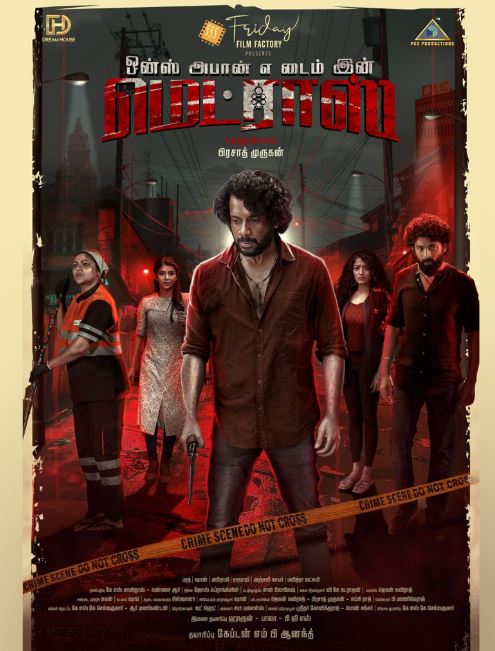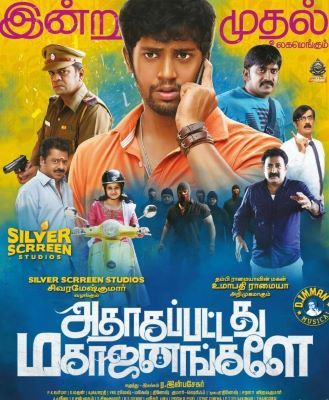A wedding is the union of two souls. However, in India, a wedding more like a unification of two families. We bring to you a few facts about Indian weddings and their ceremonial conducts. Read on to find out more about the big fat Indian wedding.
Marriages in India
In a country like India, marriages are mostly fixed by parents or close family members. Parents usually consider this task of finding a suitable match more of a duty. In this part of the world, a wedding is more of a family reunion that brings with it a heavy dosage of drama, fun, and emotion. It is an amalgamation of joy and anxiety for the immediate family of the bride and groom as there is no bigger event than a wedding in the family. The intricate social systems of the Indian families are best exhibited during the organizing and conducting of marriages.

The bride and groom tie the holy knot with sacred rituals in a vibrant ceremony that marks the commencement of their married lives. After taking the vows, the newlywed girl is then taken off to her in-laws’ house where both bride and groom are engaged in traditional customs and games.
The regional variants
The country is taken into consideration by the two major divisions of territory – North India and South India. The wedding ceremonies in both these divisions differ to quite an extent. Furthermore, a number of ethnic and tribal clans of the central region, eastern region and mountainous north follow diverse nuptial practices.
The north has a dominant Hindu community. So, as per the customs, the bride is expected to leave her own home and move out to live in her husband’s house that she may or may not have visited before. She is meant to absorb the new ways of her ‘sasural’ or in-laws’ home. It is the new entrant who is supposed to conform to new methods and adapt to a fresh lifestyle. The bride is later shown around and introduced to the neighbors in a ceremony where outsiders see the face of the girl and give their blessings and presents.
Apart from a few minor modifications, the fundamental North Indian marriage system prevails in central India. Exogamy is always given a preference by families. However, there are also cases where parents have not been able to find the perfect match outside and had to marry their kids within their immediate clan. It is not uncommon to see daughters being wedded into lineages where other daughters of their family or village have formerly been wed.
There is a drastic difference in the marriage systems in the south. The south Indians believe that if a family gives their daughter, they must get one in return from the same family, now or in the succeeding generation. There, wedding alliances are favored between cross-cousins cousins – mainly the offspring of a brother and sister – and even between older men and their sister’s daughter. The new bride relocates to her in-laws’ house, which already is her grandmother’s or aunt’s home and she settles in comfortably among known faces.
In the Muslim community, both south and north, weddings between cousins is a common exercise. The bride and groom are mostly cousins and cross-cousins. These cousins, used to calling each other brother-sister in the northern region, are arranged to marry. Even if marriage between cousins does not occur, matches can be found among other related family lineages.
The outflow of resources
Indian weddings have always meant to be larger than life. The parents of the going-to-be bride and groom invest all their energies and money to make the wedding functions a grand success. Matrimonial alliances involve some reallocation of wealth and rearranging of social alignments. The families spend on an array of services, from tent and flower decorations to food catering, from venue bookings to cake preparations. All close relatives get new clothes stitched and deck up with jewelry.
The new India
The Indian view of the arranged marriage is driven by the search of the most appropriate individuals – be it on the basis of caste, social standing, complexion, or religious assessment. Thus, even in today’s date, the notion of arranging weddings continues to hold charm. Whether it is sugar-coated in tradition or is dealt with all modernity, the institution of marriage will keep evolving over the coming decades.
Author writes a reputable online matrimonial site JeevanSaathi.com. This reputed site in India provides a useful and reliable way to search your life partner from all caste and community such as Punjabi Matrimony, Gujarati Matrimony etc.



